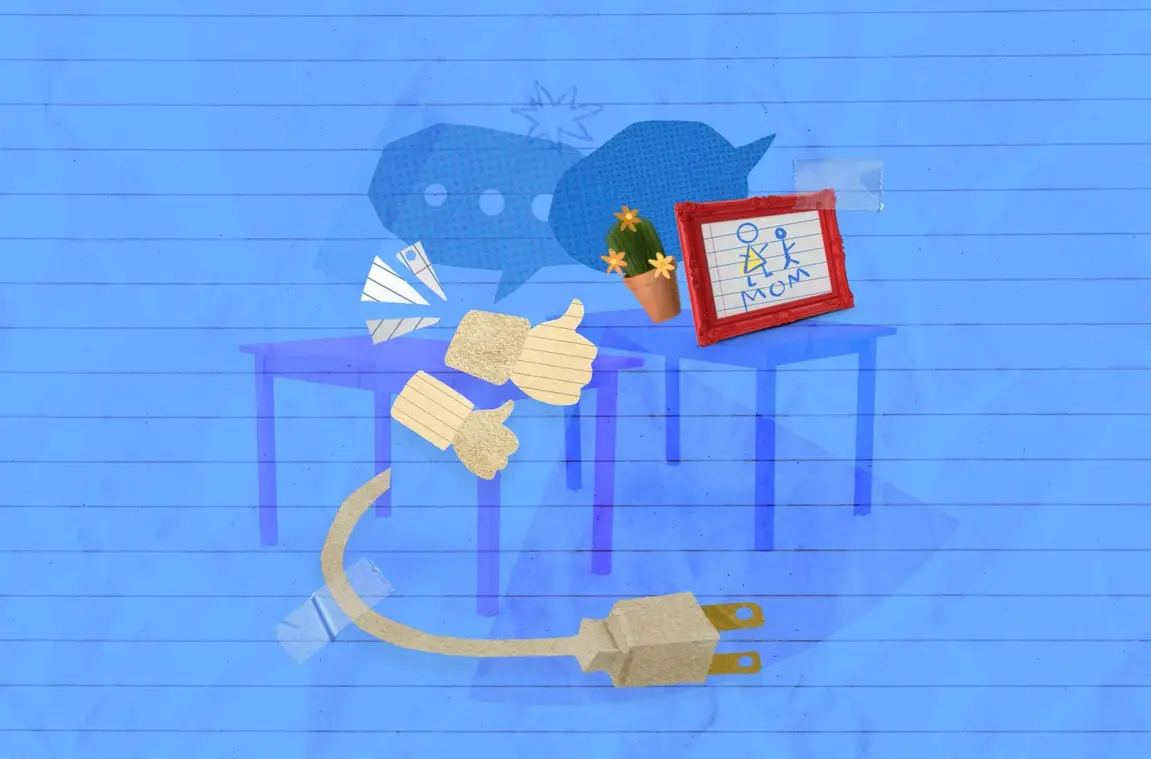Age Diversity in the Workplace | Tips for Improving Interactions

In today’s age-diverse workforce it’s common to encounter co-workers from a variety of generations and at different stages in their lives. For some people, these differences can be a source of discomfort. One employee might find herself resentful about having to report to someone younger, and another might feel he just can’t relate to an older co-worker. Fortunately there are ways you can get past biases, improve your interactions, and embrace age diversity in the workplace.
Recognizing your expectations for the workplace
The first thing you can do to improve your interactions is to recognize that we all approach the workplace with expectations based on our own experiences. Many of us enter the formal workforce in our 20s when our impressions about jobs and careers are often different from someone older. For one thing, you might rely more on the workplace for your social life while later in your career, your workplace needs might shift to more pragmatic concerns. These differing motivations mean a younger worker probably has good reasons for wanting more socializing opportunities and happy hours, while the more seasoned employee may prefer more flexible work hours and fewer team-building activities.
One particularly unrealistic expectation is that your manager should always be older than you. One might assume that someone younger can’t possibly be as qualified, or that the position should have been offered to someone else. However, age and experience don’t always go hand in hand—a younger manager could have significant achievements in the field, or may be particularly skilled in managing others. With millennials now making up the largest part of the American workforce, it is likely that at some point in your career you'll be reporting in to a younger supervisor. Rather than assuming the worst, consider that your supervisor may have a fresh perspective on the work. If you offer to share your experience and insight, you may find that a very collaborative relationship is possible.
Confronting stereotypes about age and generational differences
It’s hard to avoid buying into some of the stereotypes we hear about different generations, but studies have shown that there actually aren’t meaningful differences in the various generations’ attitudes towards work. Yet the perception that there are major differences negatively impacts our interactions in the workplace.
In one study, undergraduates were told that they were training people of varying ages (their real ages were altered) in computer skills. When they believed they were training an older person, they had lower expectations which resulted in poorer quality training and interaction. If you imagine this scenario playing out in real workplaces, it’s easy to see how these stereotypes can damage learning and development, collaboration, and productivity.
Moving forward and taking initiative
If you find that an age-diverse workplace isn’t comfortable to you, it’s time to take stock of what exactly is causing your unease. From there you can take steps to confront some assumptions and move forward:
- If you feel that you can’t relate to co-workers or supervisors because they’re younger than you, ask yourself if it’s due to your perceptions or actual differences in work style and priorities. Make an effort to engage with colleagues and be willing to listen to different perspectives and approaches.
- Sometimes, you just need to accept that you’re at a different stage in life and have different interests and communication styles, and that’s okay. You don’t have to be best friends with everyone on your team, but you do have to be willing to listen and work together.
- If you’re a young professional, don’t discount the capabilities of your older co-workers. Just because they may not be native to certain technologies doesn’t mean they can’t learn and master them.
Adapting to minor generational differences, recognizing stereotypes, and coming to terms with your own evolving outlook are crucial steps toward embracing age diversity in the workplace.
***
Do you think the generational divide is an issue in the workplace? Let us know on Facebook!
Lakshmi Hutchinson is a freelance writer with experience in the nonprofit, education, and HR fields. She is particularly interested in issues of educational and workplace equity, and in empowering women to reach their professional goals. She lives in Glendale, California with her husband, twin girls, and tuxedo cat.


